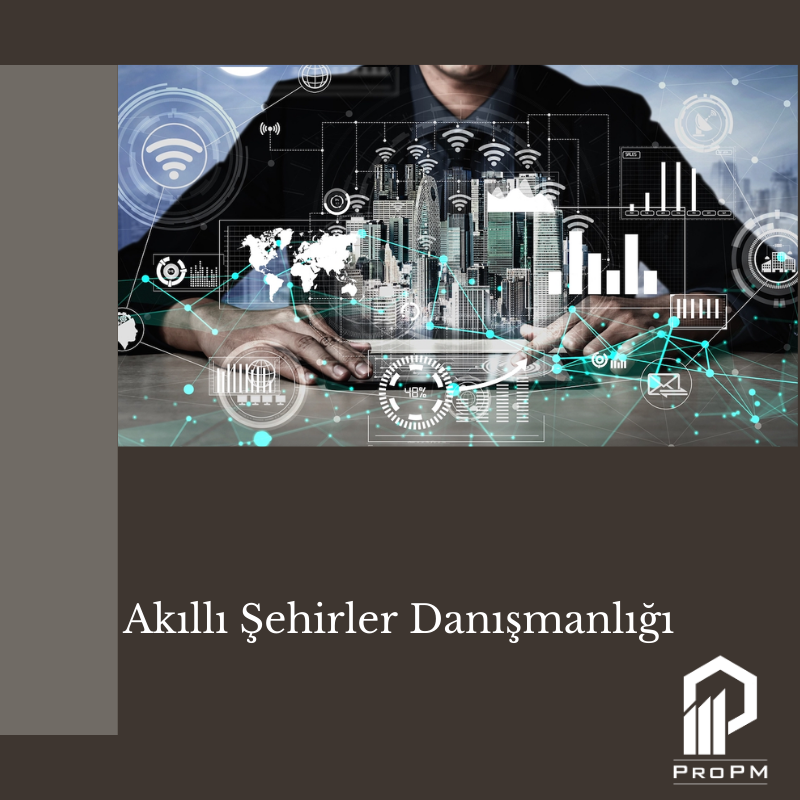Smart Cities Project Processes;
Planning: The smart cities project starts with analyzing the current situation of a city and identifying current problems and needs. At this stage, a cooperation and consultation process is carried out between city officials, non-governmental organizations, private sector representatives and the public.
Technology infrastructure: Smart cities use advanced technology infrastructures such as sensors, internet connectivity and other technological devices. At this stage, technical details such as the placement of these devices, setting up data collection and management systems, and taking appropriate security measures are discussed.
Data analysis: One of the key elements of smart cities is the analysis and use of large amounts of data collected in the city. At this stage, it is aimed to analyze and interpret the collected data correctly, and then to produce information that will help decision makers and local administrators to make decisions in city services.
Improvement of services: The smart cities project is designed to increase the efficiency of city services and improve the quality of life of citizens. Therefore, the development of services may include, for example, traffic management, energy use, waste management, water resources management, health care.
Implementation and Management: The implementation, management and sustainability of the smart cities project is realized by the cooperation of local governments and the private sector. At this stage, it is also important to establish performance measurement and reporting mechanisms for the success of the project.
Innovation and Development: The smart cities project requires continuous innovation and development along with technological developments. For this reason, it is necessary to follow innovative technologies for the continuity of the project, and to constantly review and improve the project processes.
Our Smart Cities Consulting Steps;
Planning, design and implementation of smart cities is a very complex process. In this process, consultancy services can help solve the problems encountered in the planning, design and implementation stages. Consulting services for smart cities can be carried out under the following steps:
Needs analysis: The institution or municipality that will receive consultancy services determines the areas they need in smart city applications. At this stage, factors such as the current state of the city, population structure, infrastructure situation, environmental conditions and existing technological infrastructure are taken into consideration.
Strategy determination: After the needs are identified, the consulting firm determines a strategy for smart city applications. This strategy may include technologies to be implemented, infrastructure requirements, data management policies, security protocols and other factors.
Design and planning: After the strategy is determined, the consultancy firm designs and plans smart city applications. At this stage, details such as specification of technical specifications, placement of sensors, data analysis and management systems are considered.
Project management: During the implementation phase, the consultancy firm may undertake the project management of smart city applications. At this stage, it monitors the construction of the application and ensures that the project is completed on time and within budget.
Testing and integration: After the application is built, the consulting firm can also assist in testing and integrating the application.
Ongoing support and maintenance: After successful application deployment, the consulting firm can provide ongoing support and maintenance of smart city applications, helping to resolve issues and ensure applications are constantly updated.

